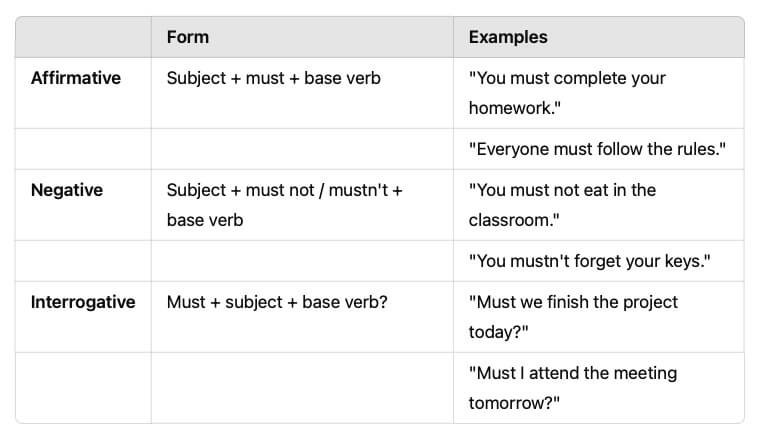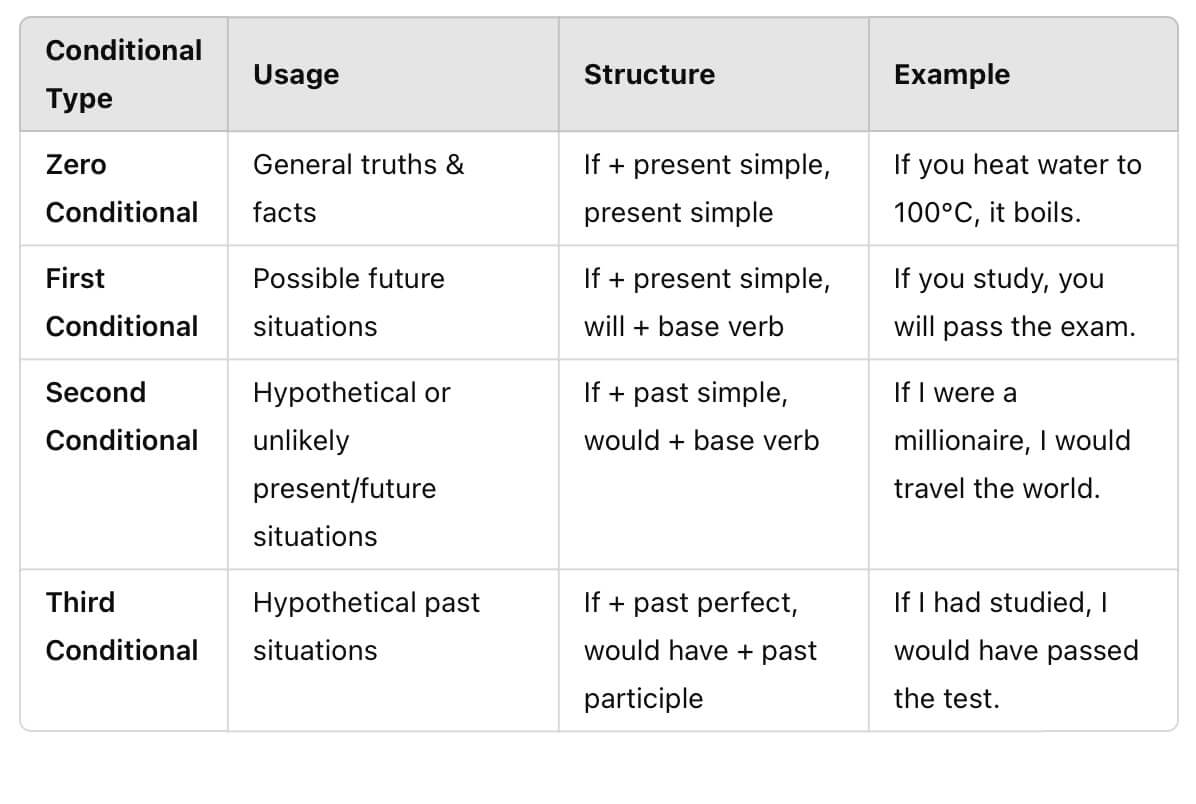- Home
- Determiners
- Zero Article Rules With Examples
Zero Article Rules with Examples
Some words or phrases don't require an article at all. We call this the zero article. We use zero articles for various reasons, including when referring to general concepts, abstract nouns, proper nouns, and mass nouns.
For instance, we say, "She's learning English" and not "She's learning the English". And, "Dinner is ready" but not "The dinner is ready".
Mistakes involving zero articles can pop up easily and frequently, so it's always best to be vigilant.
With zero articles it's often a case of deciding whether the noun has 'the' before it or no article. These are zero article rules with examples.
When to Use the Zero Article
Generalisations
When using plural nouns in a general sense, referring to all members of a category, we may not require articles,
- Cats are independent animals.
- Books are a great source of knowledge.
Neither do we when referring to uncountable nouns used in a general sense (more about uncountable nouns below).
- Honesty is the best policy.
- Music brings people together.
Proper Nouns
Proper nouns, such as names of people, places, days and months of the week, or organisations, typically do not take articles.
- John went to Paris last summer.
- She works for Microsoft.
- I'll see you on Saturday
- July and August are the hottest months of the year
Titles and Headlines
Articles are often omitted in titles, headlines, or bullet points for brevity and clarity.
- Person Found Dead in Their Home ('A' omitted before 'Person')
- Top 10 Tips for Healthy Living ('The' omitted before 'Top')
When Using Other Determiners
We don't use an article if we are using other determiners:
- There are some books on the table
- I'm going to buy that house
- Both cars are mine
Uncountable Nouns (Mass Nouns)
Uncountable nouns, also knows as mass nouns, which represent substances or concepts that cannot be counted individually, don't take 'a' or 'an' (except in special cases) so they appear with 'the' or no article.
Below are listed the specific zero article rules with examples for uncountable nouns.
Generalising
If it's a specific uncountable noun, it will take 'the' (e.g. "The milk you bought on Wednesday has gone off") but for talking about things in general, it's the zero article.
- Milk is good for you
- She drinks coffee every morning
Abstract Nouns
Abstract nouns, which refer to intangible qualities or ideas, often do not require articles as these are uncountable.
- Love knows no boundaries.
- Courage is essential in times of adversity.
They can be preceded by 'the' though if being referred to in a more specific way (e.g. "The love she shows for her husband is incredible").
Meals
We don't tend to use articles with meals.
- Dinner is at 7pm
- Let's have breakfast together tomorrow morning
However, again it will have 'the' if it's referring to a specific meal, often with an adjective, phrase, or 'that' clause:
- The disgusting dinner that we had last night has made me feel ill.
Languages
There is no article used when we talk about language.
- Polish is a difficult language to learn
- I speak French
We will use 'the', however, if the word 'language' is being used as the noun:
- The Thai language has some difficult pronunciations ('Thai' is an adjective in this case)
Educational Subjects
Zero article is also used when referring to academic subjects such as geography, maths, English etc.
- I'm learning geography at school
- Maths is hard for me
Zero Article Rules with Examples: Summing Up
By omitting articles, speakers can convey meaning more efficiently, emphasize the universality of a concept, or conform to the grammatical conventions of specific expressions or contexts.
Understanding when articles can be omitted is essential for effective communication in English.
New! Comments
Any questions or comments about the grammar discussed on this page?
Post your comment here.





